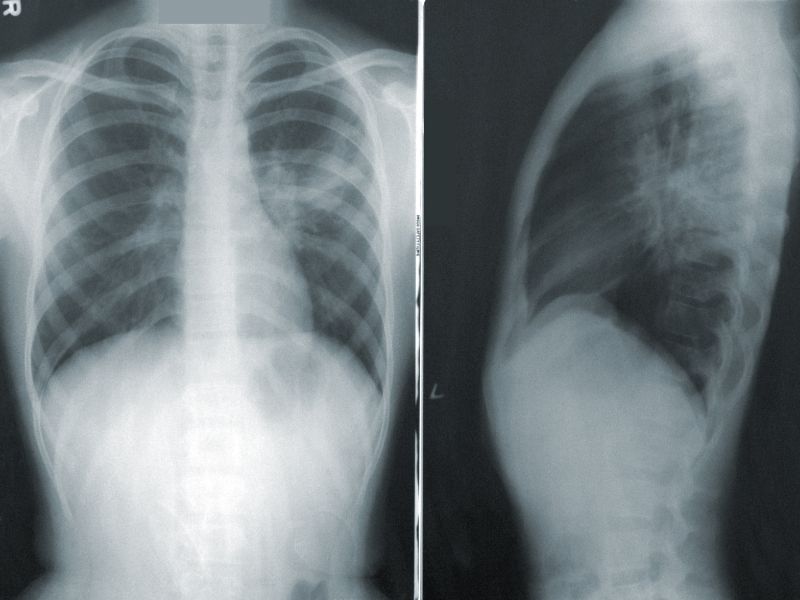When you have ongoing medical conditions, it can be challenging and frustrating to get the correct diagnosis. Receiving a prompt and accurate diagnosis is the surest way to finding a treatment to help you manage your symptoms. Doctors are only human, and even with as much knowledge as they have, they can still make mistakes. This is why it is crucial that you learn to advocate for yourself and do what you can to help your physician reach the correct conclusion. This article will explore the best ways you can do this.
Ask As Many Questions As You Can
Before you head into the doctor’s office, it is helpful to come up with as many questions to ask as you can. Ask about what they are diagnosing you with, what other alternatives may be and how they can be sure of their diagnosis. Asking probing questions will ensure that your doctor thinks thoroughly about your condition and allow you to point out symptoms that don’t match or may lead elsewhere.
Keep A Diary Of Your Symptoms
Before you head to the doctor’s office, it is a good idea to understand your symptoms thoroughly. A good way to do this is by keeping a diary. Make a note of whenever you experience a symptom, note the time of day, what you were doing or eating that may have a link to the symptom. Soon you will likely be able to identify patterns that you can highlight to your doctor.
Always Seek A Second Opinion
Your doctor will not be offended if you say you want a second opinion after they diagnose you – in fact, most doctors will recommend just that. They may even give you recommendations for other doctors and specialists you could see. It may also help to do your own research to find a doctor that suits you, particularly if you are unhappy with your current doctor. When selecting a new doctor, it can help to consider your various needs. Do some research to find a doctor that has experience dealing with the type of ailments you face. It can also help to find a doctor that family or friends recommend.
Understand The Types Of Testing
Once you have a potential diagnosis, your doctor will likely want to send you for some tests and scans. There is a broad range of testing options for most common illnesses, and it is likely your doctor will want to run tests that can pick up the most likely causes for your symptoms. It can help to understand the different tests available and what they do. It is a good idea to use your time with your doctor to ask questions about these tests and also do some research outside of the doctor’s office. There are plenty of valuable resources online, such as this helpful article from Ezra on MRI vs x-ray testing.
Have Your Medical History Handy
It is essential to have a good handle on your medical history when you go to your doctor. It is best to be exhaustive, as you never know what pieces of medical history might help your doctor touch on the right diagnosis. You should also include a comprehensive list of any medications you are taking, any differences to your diet and any vitamins or supplements you take. It can help to write all of this down, making two copies, one for you to keep and one for your doctor. It is always better to be over thorough than risk leaving anything out.
Take Notes While At Your Appointment
While at your appointment, it is a good idea to take notes of what your doctor is telling you. You could even ask to record the appointment if you want to be sure of remembering everything. It is best to ask your doctor’s permission before you record your appointment. Having all of the information you need will help you and your doctor come to the right conclusion. You can review everything your doctor has told you after the appointment and bring it to any second opinion you might seek.
Ask A Loved One To Attend With You
If you worry that you might not get everything written down during your appointment or want to focus your attention entirely on what your doctor is saying, you could consider asking a trusted loved one to attend the appointment with you. They could take notes on your behalf and may even come up with questions that you might not have considered.
Final Thoughts
Getting the right diagnosis can be a long process. It is vital for you and your doctors to work together to come to the correct conclusion. Information is power when it comes to diagnosis, so it is crucial to arm yourself and your doctor with as much information about your symptoms and the possible causes as possible. Don’t be afraid to seek a second – or even third and fourth – opinion if you feel that something has been missed.




